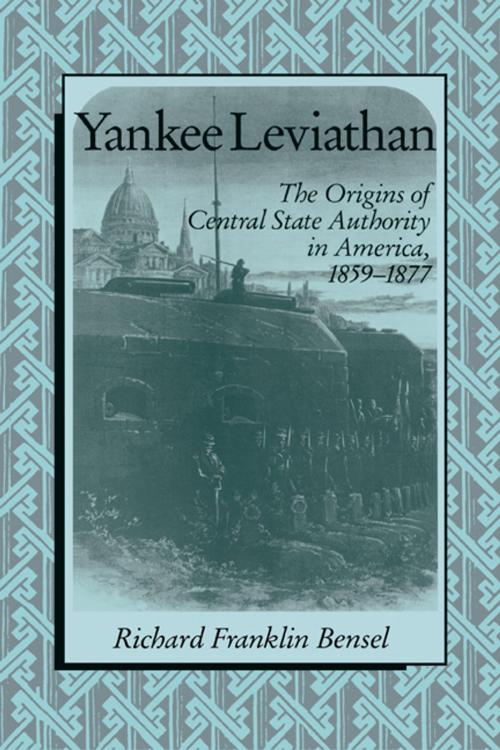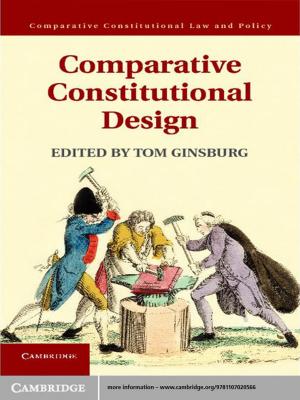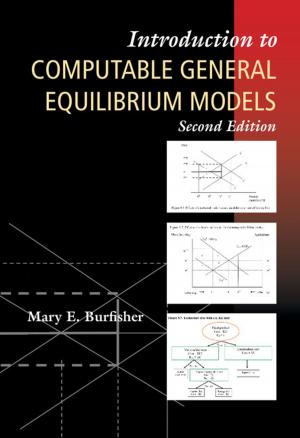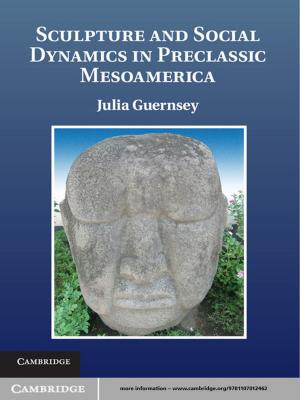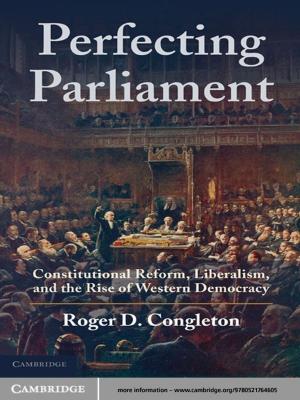Yankee Leviathan
The Origins of Central State Authority in America, 1859–1877
Nonfiction, Social & Cultural Studies, Political Science, Government, History, Americas| Author: | Richard Franklin Bensel | ISBN: | 9781139930123 |
| Publisher: | Cambridge University Press | Publication: | January 25, 1991 |
| Imprint: | Cambridge University Press | Language: | English |
| Author: | Richard Franklin Bensel |
| ISBN: | 9781139930123 |
| Publisher: | Cambridge University Press |
| Publication: | January 25, 1991 |
| Imprint: | Cambridge University Press |
| Language: | English |
This book describes the impact of the American Civil War on the development of central state authority in the late nineteenth century. The author contends that intense competition for control of the national political economy between the free North and slave South produced secession, which in turn spawned the formation of two new states, a market-oriented northern Union and a southern Confederacy in which government controls on the economy were much more important. During the Civil War, the American state both expanded and became the agent of northern economic development. After the war ended, however, tension within the Republican coalition led to the abandonment of Reconstruction and to the return of former Confederates to political power throughout the South. As a result, American state expansion ground to a halt during the late nineteenth and early twentieth centuries. This book makes a major contribution to the understanding of the causes and consequences of the Civil War and the legacy of the war in the twentieth century.
This book describes the impact of the American Civil War on the development of central state authority in the late nineteenth century. The author contends that intense competition for control of the national political economy between the free North and slave South produced secession, which in turn spawned the formation of two new states, a market-oriented northern Union and a southern Confederacy in which government controls on the economy were much more important. During the Civil War, the American state both expanded and became the agent of northern economic development. After the war ended, however, tension within the Republican coalition led to the abandonment of Reconstruction and to the return of former Confederates to political power throughout the South. As a result, American state expansion ground to a halt during the late nineteenth and early twentieth centuries. This book makes a major contribution to the understanding of the causes and consequences of the Civil War and the legacy of the war in the twentieth century.
